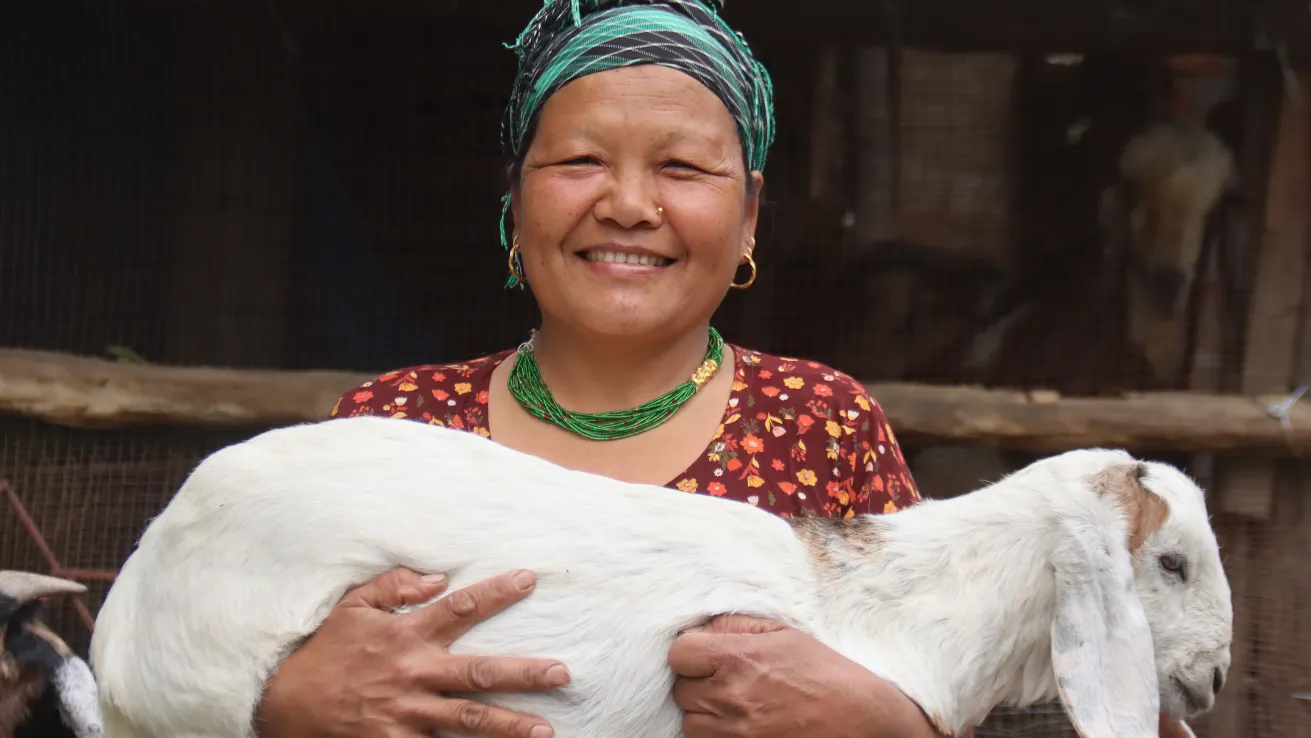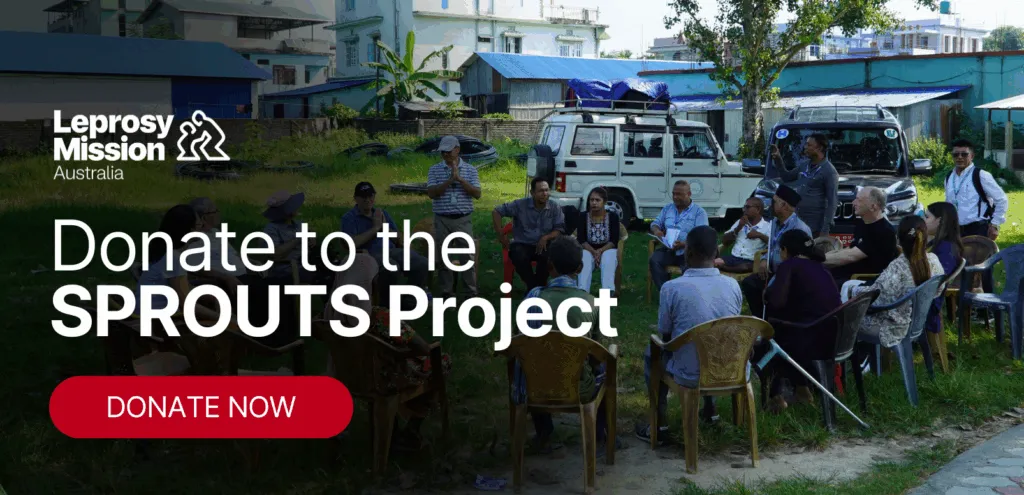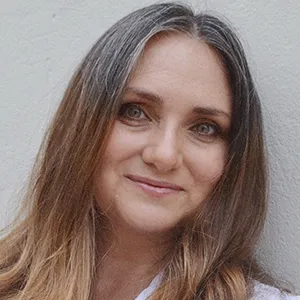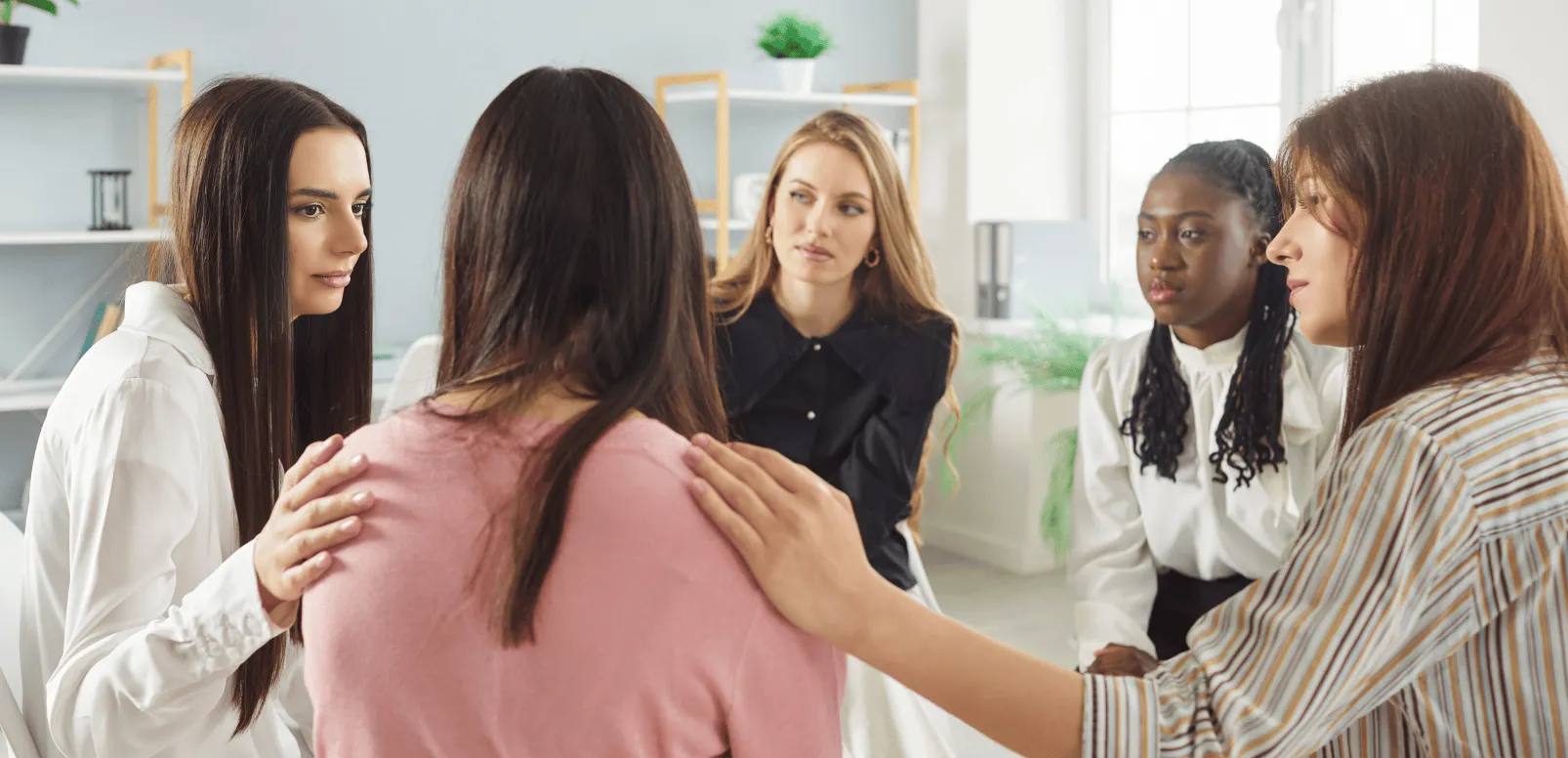I have a group chat with three of my girlfriends that we call The Commune.
We named it back when we became mildly obsessed with the idea of buying a big property one day—somewhere we could all live close by, perhaps minus our slightly chaotic families.
We never got past the fantasy (Australian property prices being what they are), but our chat has become its own version of that dream—a digital space where we really do commune. We talk about work, relationships, kids, perimenopause, and occasionally just how many things in one day can possibly go wrong. Sometimes we co-moan more than commune—but that’s part of the medicine.
This World Mental Health Day, I’ve been thinking about what this small corner of my phone represents. Because lately, I’ve realised something: when women talk through life’s peaks and troughs with trusted friends, they’re not just connecting—they’re actively caring for their mental health.
It’s not gossip. It’s grounding.

It’s the way we vent emotion, process next steps, and receive the validation that helps us keep going. Psychologists call it emotion regulation. Friendship, it turns out, is one of the most powerful protective factors we have against anxiety and depression. A review of 38 studies found that strong social ties can significantly buffer against both.
Meanwhile, many men don’t have the same outlet.
Cultural norms still tell them to stay stoic. Research shows men have smaller social networks, talk less about their emotional lives, and are more likely to rely solely on their partner for support. When that happens, relationships can quietly shoulder the weight of two people’s inner worlds. Much of men’s distress goes unseen—and unheard.
Of course, the things my friends and I talk about in The Commune are mostly first-world problems. Business hiccups. Domestic chaos. Hormonal meltdowns. Still, they’re real—and so is the relief that comes from saying them out loud to people who understand.
And that’s what made me think of Lanni.

When she was diagnosed with leprosy, she laughed. Not because it was funny, but because, as she told our team, “I finally knew what was wrong—and that meant I could get better.” That laughter became a kind of defiance, a turning point.
Lanni joined a Self-Help Group supported by Leprosy Mission Australia, where women come together to learn business skills, save money, and support one another through life’s challenges. Over time, she became Chair of both her group and its co-operative—helping other women find the same courage and connection that helped her heal.
It’s easy to focus on the microfinance side—the goats, the savings, the small enterprises—but what’s often overlooked is what’s happening beneath all that. These groups are also a kind of emotional safety net. They’re where women laugh, vent, and plan. Where they find understanding, and a reason to keep showing up.
In that way, my friends’ group chat and Lanni’s Self-Help Group are not worlds apart.
Different languages, different landscapes—but the same human need to be seen, heard, and known by others.
So maybe The Commune was never about buying land after all. Maybe what we were dreaming of was something simpler and more enduring: a place where we could keep each other standing—and, in our own way, keep each other healing too.
If you’d like to help financially support Self-Help Groups like Lanni’s, your contribution can make a real difference. You can donate below!

For more stories like this, you can browse our full collection here!


